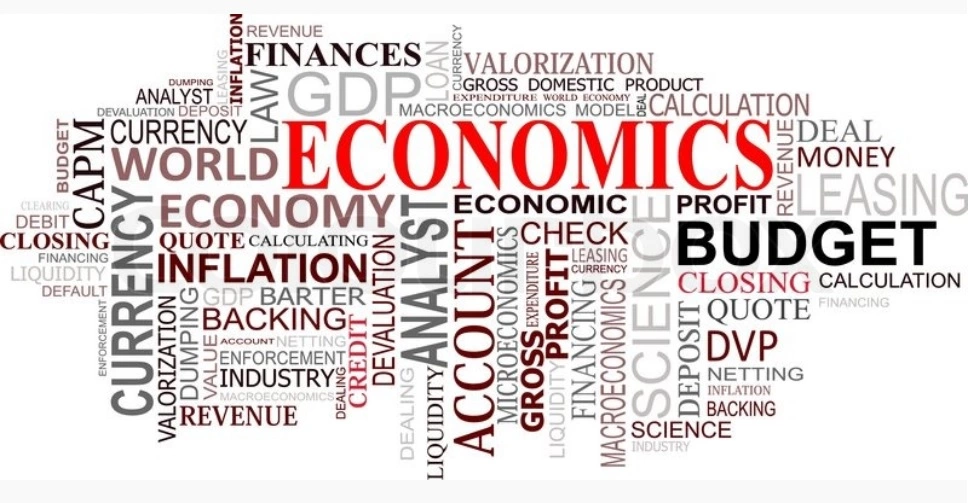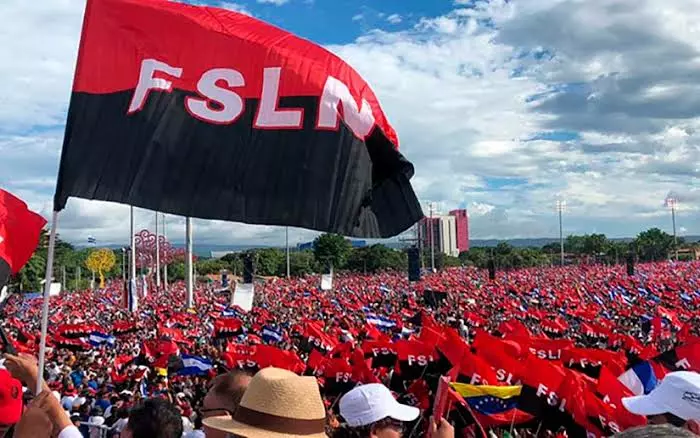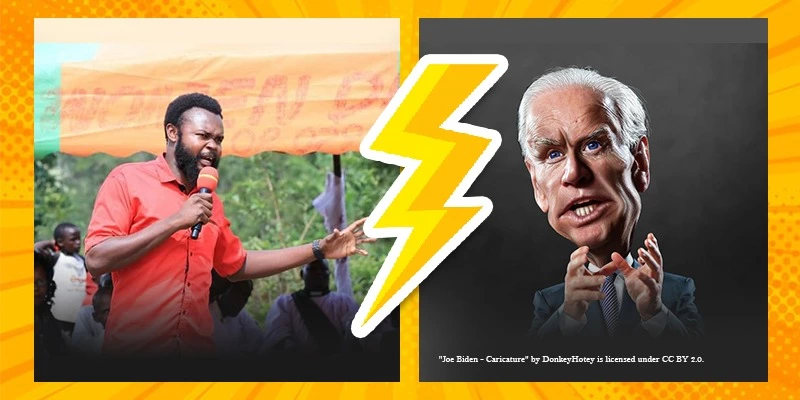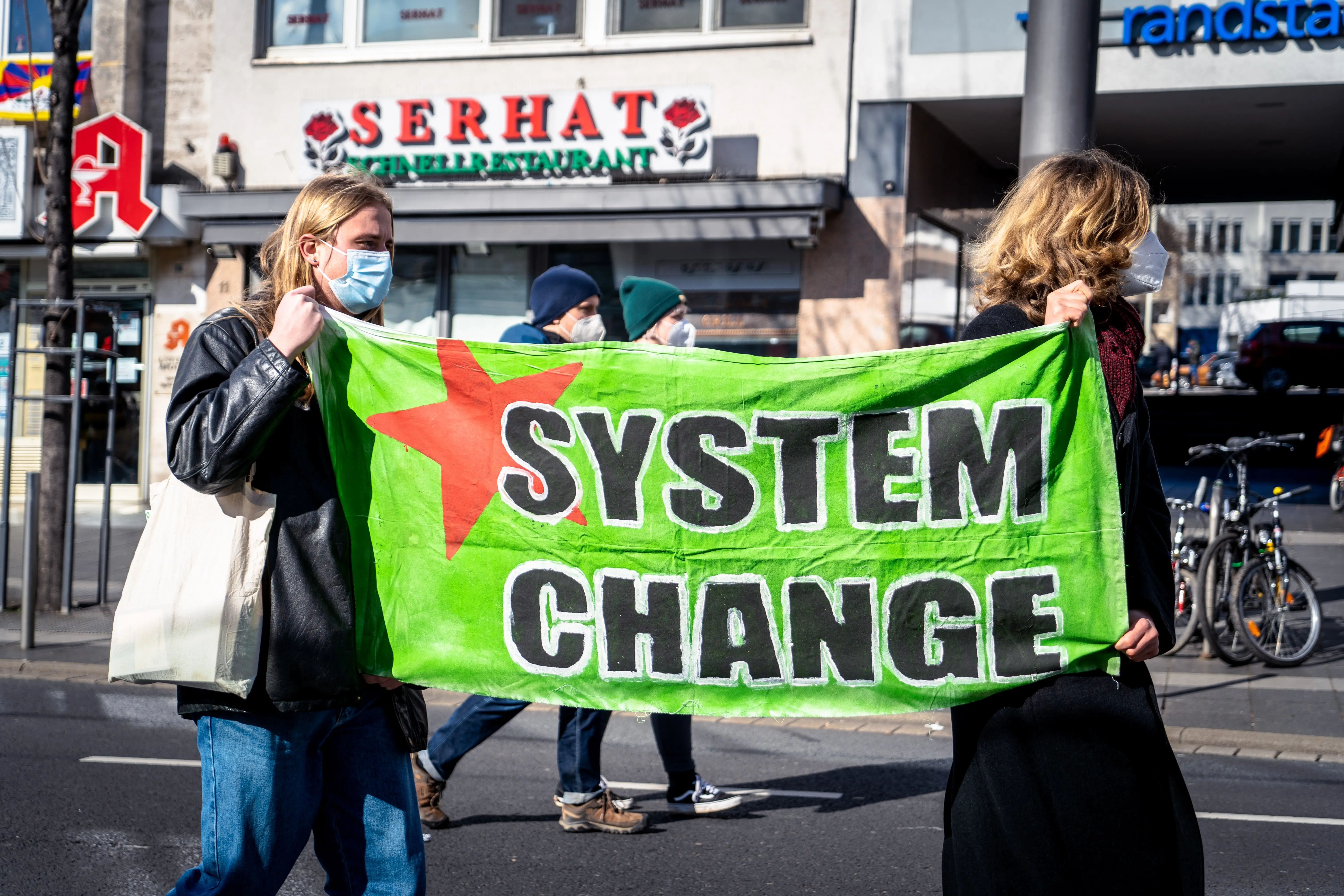Capitalist economics maintains that cost increases, particularly wage rises, have to be passed onto the consumer as if it's a law of physics.
They never ask why profit margins have to be maintained and real wages suppressed. Prices only have to go up to maintain the profits that go to capital. Inflation is like anything else in capitalism, a function of unequal power relations and the drive to accumulate, ‘profit-pull,’ not ‘cost-push.’
A report from Unite the Union in the UK showed that even removing the removing energy companies from the tally, average UK profit margins still jumped an astonishing 52% in 2021. The jump in UK wide company profits was responsible for 58.7% of inflation in the previous half year – as opposed to just 8.3% due to labour costs.
The Economic Policy Institute in the USA showed that since mid-2020, 54% of price rises were attributable to fatter profit margins, only 8% to increased labour costs. US corporate profit margins are at a 70-year high, and have risen 37% in the past year. In one survey, more than half of retailers admitted to raising prices by more than their increase in costs – with larger firms most likely to do so.
The narrative about inflation offers a convenient smokescreen for fattening margins, as investors brazenly admit. In the words of one American asset manager: “What we really want to find are companies with pricing power. In an inflationary environment, that’s the gift that keeps on giving.”
Even Morgan Stanley have argued that profits must shrink to absorb the pain of inflation, making up for decades in which capital has increased its share at the expense of workers. They actually called for the end of corporate excess and a return to the profit margins of the 1990s.

Equally surprisingly, in the UK, the Financial Times, (FT) criticised the Bank of England Governor’s instruction that workers tone down wage demands. As well as asking why did he not call on powerful businesses to “moderate” their profits, the paper exposed the myth that reduced profit margins would mean lower investment: over the past four decades, labour’s share of national income has gone down in most rich economies while that of capital has grown — but investment rates have fallen rather than risen.
“…. economic policymakers can no longer ignore once-outmoded questions of class conflict.” The words of the Financial Times, not mine; I would never have said they were once-outmoded.
The UK’s GDP rose 8.7% in real terms Q1 2022 compared to Q1 2021. Over the same period, average real wages excluding bonuses were 1.9% lower than the previous year and average pay including bonuses was 0.7% higher. In February, bankers started collecting the biggest bonuses since before the 2008 global financial crisis which they provoked through their bonus-driven greed. This larcenous recidivism by the City largely explains the real wage increase including bonuses.
Real wages fell by 4.3% in the public sector over this period. The people who kept the country going during the pandemic are being penalised while those who crashed the world economy in 2008 are receiving huge awards. We really should be getting very angry about this.
Corporate Profits in the UK increased by 8% in the first quarter of 2022 compared to the fourth quarter of 2021. Like in America, this reflects fattening margins and a longer-term trend. A recent Competition and Markets Authority report showed that average price mark-ups over costs have increased since 2008 from just over 20% to 35%; for the 10% most profitable companies they have risen from 58% to 82%. This over a period of flat real wages.
Capital is enjoying a massive boom whilst regular people suffer. In April, according to the Food Foundation, 7.3 million adults lived in households that had gone without food or could not physically get it in the past month.
Meanwhile,
BP and Shell are handing out about £9.5bn to shareholders in share buybacks this year. The seven “supermajor” oil companies will return $38bn to shareholder through buybacks this year. Almost double the $21bn equivalent in 2014, when oil was last above $100 a barrel, and the biggest total since 2008.
Sainsbury’s underlying profit of £730m more than doubled from £357m in the previous year and was up 25% against the largely pre-COVID 2019/20; dividends were 24% higher than in 2021, the largest since 2015
Among the “Big Six” energy suppliers, British Gas owner Centrica updated the stock market early in May to say it expected profits at the top end of previous guidance. SSE recently upgraded its profit outlook to £1bn for the year to 31 March, a rise of 10 per cent on 2021. E.On recently forecasted earnings from the group’s core business to jump from £1.6bn in 2021 to £2.1bn in 2022.
Increased prices are clearly protecting the profits of these companies. Will this protect investment as the government suggests? Unlikely. The Big Six have given 82% of profits over the last five years to shareholders, hardly investing for any sort of future.
The increase in ‘refining spread’ added 24p a litre to fuel over the last year according to the Competition and Markets Authority in the UK. That's the profit margin taken by refiners, the companies that turn crude oil into petroleum, nothing to do with increased costs, straightforward profiteering.
The knock-on effects throughout the economy of increased petrol, gas and electricity prices are serious, and wholly avoidable. Tax cuts/pay-outs to some people do nothing to stem the impact of increasing energy prices on consumers, and small businesses throughout the economy: this is where genuine action needs to be taken.
In July a hospitality business was offered a new electricity contract priced at £605,000 a year, a seven-fold increase on its previous one. Spiralling energy costs are just one of a number of pressures weighing on the UK’s 5.5 million small businesses
Many of these small-to medium enterprises, which together employ about three-fifths of the UK workforce, will probably collapse without government intervention. In 2020, the first year of the pandemic, the UK lost nearly 390,000 small businesses, more than one-twentieth of the total. Tina McKenzie, policy chair at the Federation of Small Businesses (FSB), predicted that this winter “could easily be just as devastating . . . if not worse”.
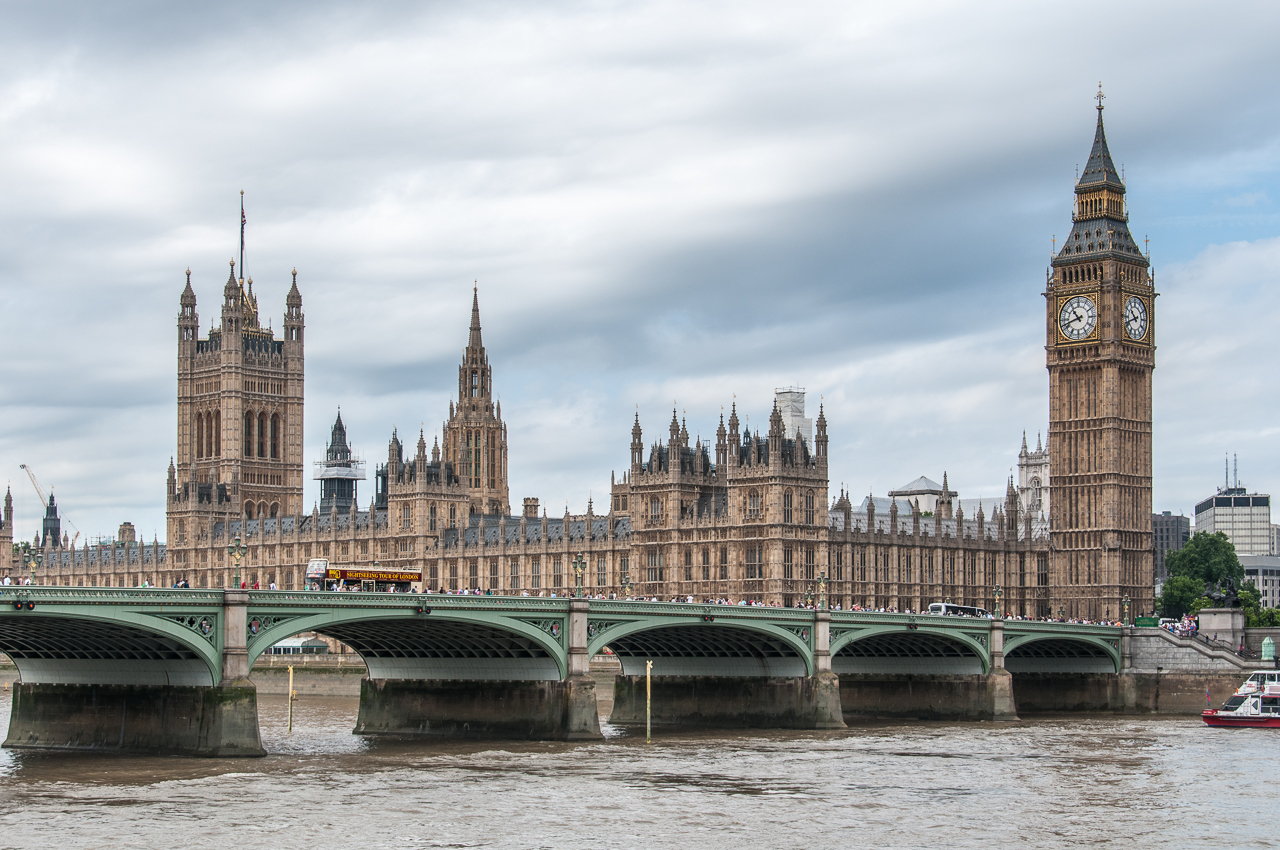
WHAT IS TO BE DONE
Reduce and freeze energy prices: suppliers’ profits are not sacred. If they really need support then end corporate and other tax breaks for the wealthy and impose a serious tax on North Sea windfall profits a lot morethan Sunak’s £5bn.
Windfall taxes are inadequate, industry will also be hit by higher energy prices and will pass on increased costs in higher prices disproportionately damaging poorer people.
Supermarkets and others should be told to take the hit and not pass on cost increases. They have the ability to absorb cost increases and their shareholders do not need the money.
Introduce a series of strategic price controls similar to those implemented at the end of WW2 to limit the impact of pent-up demand on recently disrupted supply chains. This makes sense even within the limited tenets of bourgeois economics: if there is concern about the impact of a potential wage-price spiral then suppress the price increases most likely to provoke that spiral.
Longer-term we need to build an economy driven by social priority and sustainability rather than private profit, with a publicly owned energy sector dedicated to serving the interests of the rest of the economy, not shareholder greed.
And crucially, we need to eliminate the power of the interest groups that resist change, such as energy companies that spend a fortune on propagating climate change denial and buying politicians.
And remember: around 10% of world GDP sits in tax havens, many of them run by Britain. There is capacity to rectify this crisis, we just need the will: the will to create governments with priorities other than protecting the rich.
